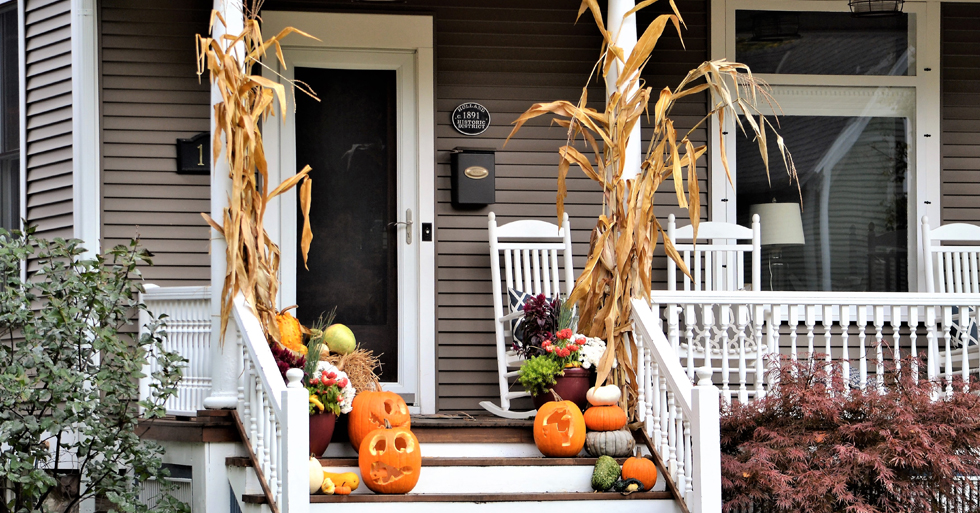Selling your home can be both exciting and nerve-wracking. Every seller wants to sell their house quickly, for top dollar, and with as few obstacles as possible. But did you know one of the biggest factors that can hinder your success is the asking price? Setting the right price is one of the most crucial steps in selling your home. Here are four signs your high asking price might be turning potential buyers away, and why leaning on your real estate agent is key to making adjustments.
1. You’re Not Getting Many Showings or Offers
One of the clearest signs your home might be overpriced is a lack of showings. If your home has been on the market for weeks with only a handful of visitors—or worse, no offers—it’s a sign the price doesn’t match what buyers are expecting. Buyers, especially those who’ve been searching for a while, are quick to recognize an overpriced home and may dismiss it before ever stepping inside.
Your real estate agent will guide you through this process, helping you determine if a price adjustment is necessary to attract more interest. They can also suggest other strategies to draw in more buyers, such as hosting more open houses or improving your online listing presentation.
2. Buyers Are Giving Consistent Negative Feedback After Showings
Even if you’re getting showings, another red flag is receiving negative feedback from potential buyers. If you’re consistently hearing that your home is priced too high compared to other homes they’ve seen, it’s time to reconsider your pricing strategy. Feedback after showings is crucial because it gives insight into how buyers perceive your home.
Your agent will collect and analyze this feedback, comparing it to market conditions and other homes in your area. They may recommend adjustments, such as minor renovations, staging improvements, or a price reduction to better align with buyer expectations. As the National Association of Realtors (NAR) notes, agents rely on data and feedback to suggest these adjustments, ensuring your home is priced competitively.
3. Your Home Has Been on the Market Too Long
Homes that sit on the market too long can raise red flags for buyers. When a home lingers without receiving serious offers, buyers may wonder if something is wrong with it. In today’s market, where inventory is increasing, a stale listing becomes even harder to sell.
Your agent can provide valuable insights into how long similar homes in your area are staying on the market. If your home is sitting significantly longer than others, it may be time to reconsider the asking price or explore other ways to refresh your listing. According to Bankrate, comparing your home’s listing time with market averages is a good indicator of when to reduce the price.
4. Neighboring Homes Are Selling Quickly
If homes in your neighborhood are selling quickly while yours lingers, this is another sign something could be wrong. It could be a lack of recent updates, outdated features, or an asking price that’s out of line with market expectations. Buyers are more likely to flock to a home that offers better value compared to nearby listings.
Your agent will keep an eye on competing homes in your area and offer advice on making your property more competitive. They may suggest small updates that could enhance your home’s appeal or provide insights on adjusting your pricing strategy to meet current market trends.
Bottom Line
Pricing your home correctly is both an art and a science. It requires a strong understanding of the local market, buyer psychology, and current trends. If your home isn’t attracting buyers or generating offers, there’s no better resource than your real estate agent. They can help you navigate the data, interpret buyer feedback, and adjust your strategy to ensure your home sells quickly and for the best price possible. Trust their expertise to guide you toward a successful sale.
